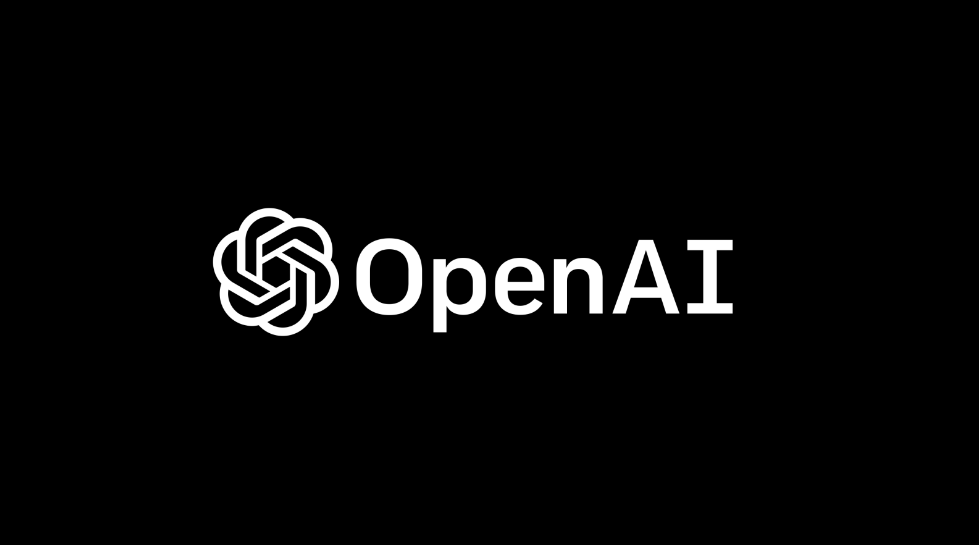OpenAI CEO Warns Against Over-Reliance on AI Tools Like ChatGPT
OpenAI CEO Urges Caution Amid Growing AI Dependence
Sam Altman, CEO of OpenAI, has issued a stark warning about the risks of over-reliance on artificial intelligence tools like ChatGPT, despite their global popularity. In a recent interview on OpenAI's official podcast, Altman expressed surprise at the level of trust users place in the technology while emphasizing its inherent limitations.
The Trust Paradox in AI Adoption
ChatGPT now serves millions of users across diverse sectors including education, research, and parenting. However, Altman notes this widespread adoption comes with concerning levels of user confidence that may be unwarranted.

"People have high trust in ChatGPT, but this is actually a phenomenon worth paying attention to because artificial intelligence can also experience 'hallucinations'," Altman stated, referring to the system's tendency to generate plausible but false information.
Emerging Features Raise New Concerns
The discussion touched on upcoming features like persistent memory and potential advertising models, which while enhancing functionality, introduce new privacy considerations. These developments come as OpenAI faces legal challenges regarding content usage, prompting Altman to stress the importance of maintaining transparency to preserve user trust.
"This is not a very reliable tool, and we must honestly face this point," Altman acknowledged, balancing optimism about AI's potential with candid assessments of current shortcomings.
Industry-Wide Implications
The remarks arrive as AI chatbots gain unprecedented traction across industries. While these tools demonstrate remarkable capability in handling routine tasks, Altman's warnings serve as a crucial reminder about:
- The technology's present limitations
- Risks of uncritical adoption
- Need for ongoing oversight
Key Points:
- Trust vs Reality: ChatGPT's popularity outpaces its reliability
- Hallucination Risk: AI systems can generate convincing false information
- Privacy Tradeoffs: New features may compromise user data protections
- Transparency Imperative: Maintaining user trust requires honest communication about limitations
- Balanced Adoption: Organizations must weigh benefits against risks when implementing AI solutions